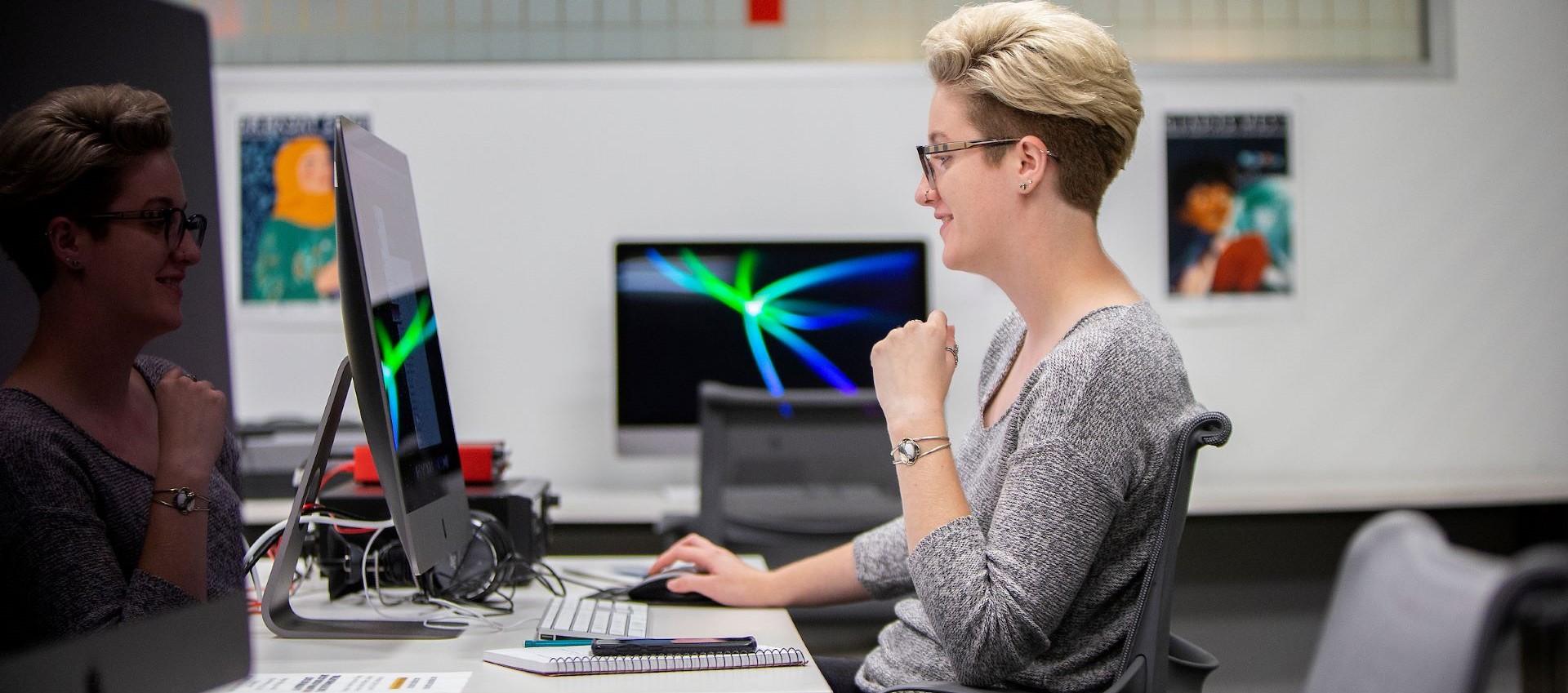
We do cool things that help people
At the School of Interdisciplinary Informatics (Si2), we are dedicated to enhancing human experiences, securing the digital world, and transforming patient lives through biomedical research. Technology is our conduit for impact, but human-centeredness is the foundation of our ethos. In short "we do cool things that help people". If this resonates with you, join us!
Si2 offers an exciting array of traditional ( ) and online ( ) bachelor's (BS), master's (MS), doctoral (PhD) and minor programs to prepare learners for a wide range of careers in the field of computing and information technology. Learn more about our programs below.
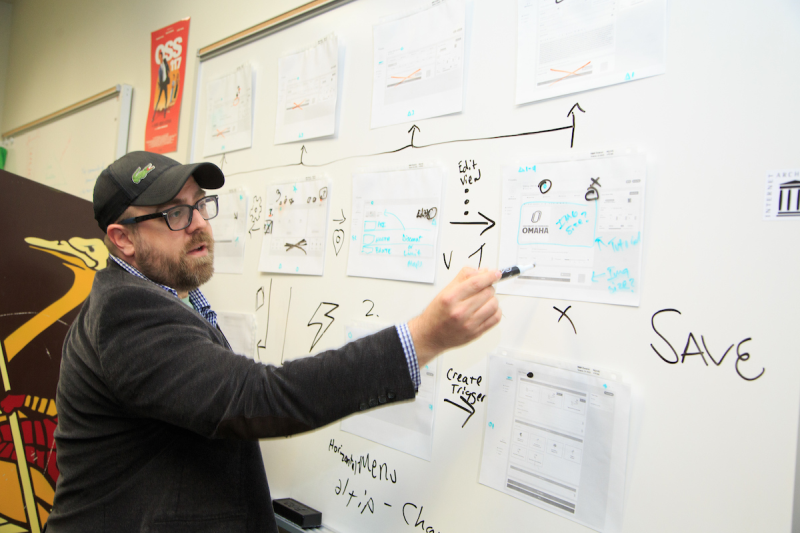
Applied Computing and Informatics
Build your knowledge of modern computing systems and how to create technologies that are not only functional but also user-friendly and tailored to enhance human experiences in business, healthcare, and beyond.
Delivery Mode
- Traditional
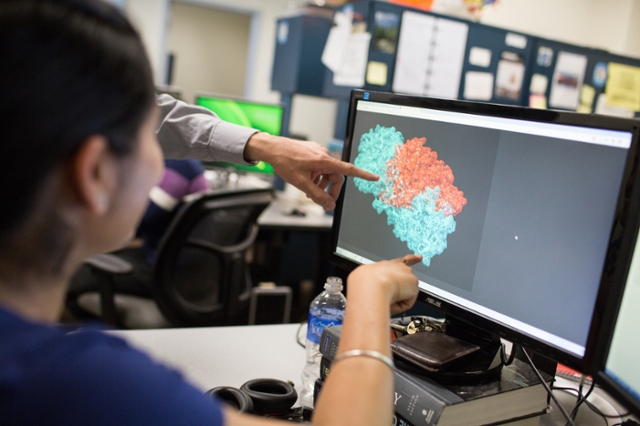
Bioinformatics
Join this rapidly-expanding discipline that solves problems related to the collection and processing of genetic information to make advances in areas like medical diagnosis and treatment.
Delivery Mode
- Traditional
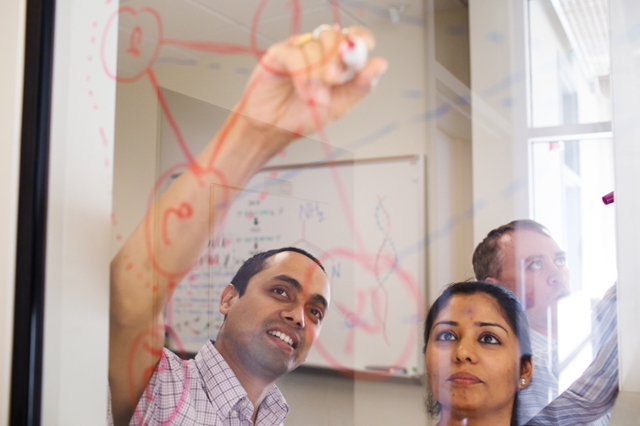
Biomedical Informatics
Advance research and practice in contemporary information and knowledge management that impact Biomedical, clinical and translational research, health care services, health care practice, public health care, and health care delivery.
Delivery Mode
- Traditional
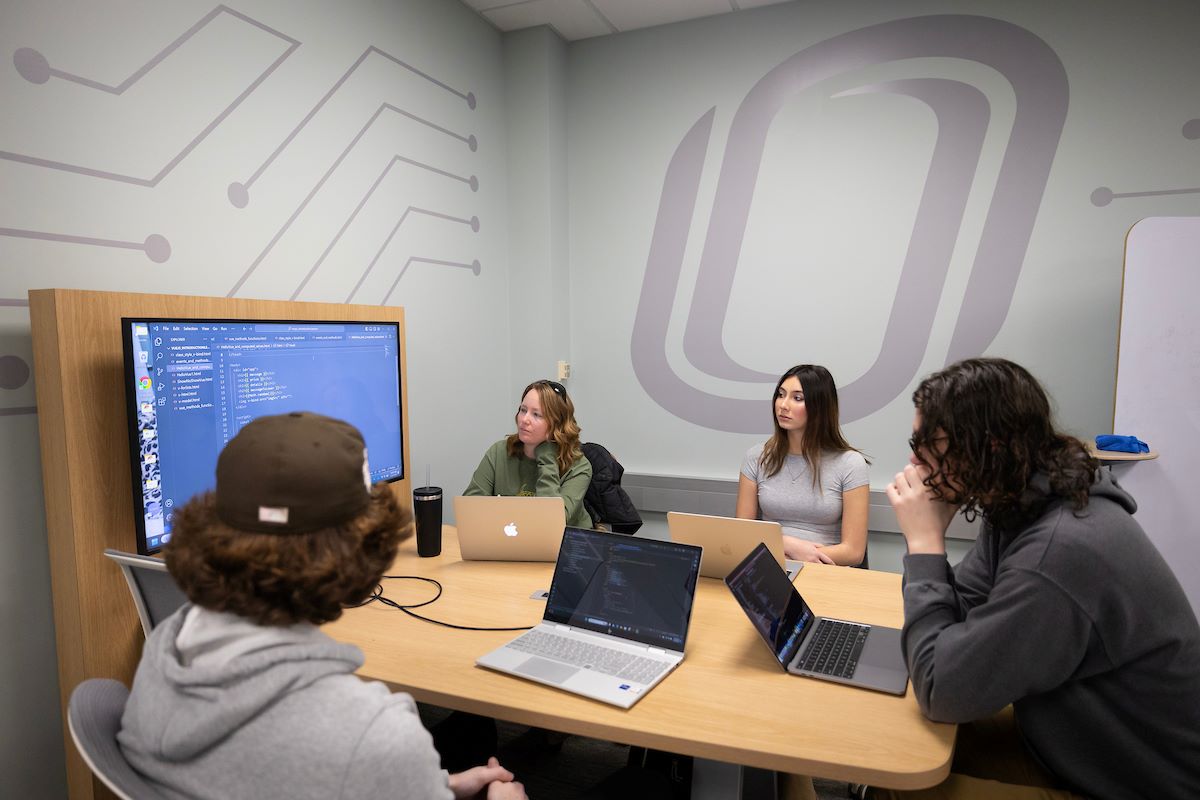
Cybersecurity
Learn how to design and develop secure software and hardware along with proactive cyberattack defense strategies to protect mission-critical data and systems for companies, government agencies, and other organizations.
Delivery Mode
- Traditional
- Online
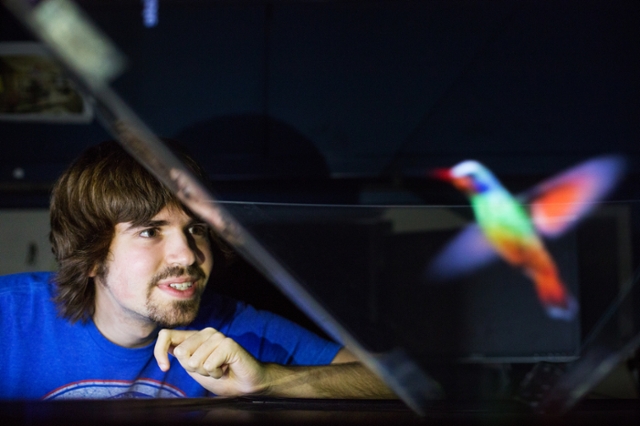
IT Innovation
Combine your prior knowledge from any discipline with skills in user experience design, rapid prototyping, and creativity to help drive technology product innovation and entrepreneurship.
Delivery Mode
- Traditional